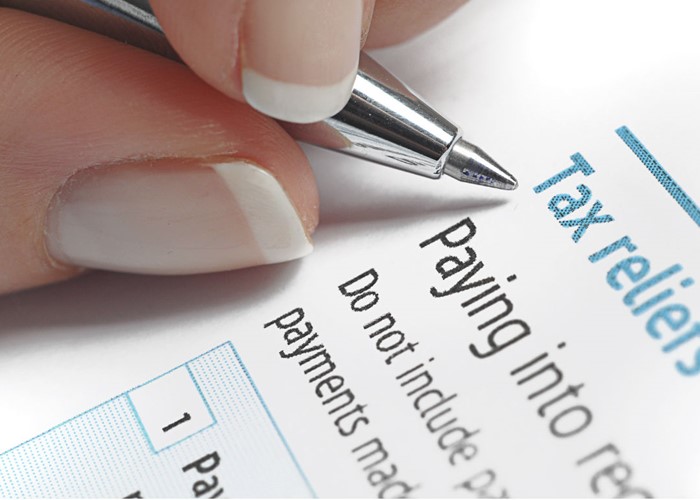The best reasons to avoid getting into debt

Whether it's having no spare cash, no chance of a holiday, or your mental health, there are plenty of reasons to avoid getting into debt.
We speak to people everyday who are struggling to deal with their debts. We give them the support and advice that they need to get themselves out of their situation but it would be best for them if they didn't get there in the first place.
With that in mind, we've put together a list of reasons why it's better to not get into debt in the first place...
No spare money
Being able to have a few spare quid in your pocket to fritter on whatever you fancy might not sound like much of a luxury, but if you've got debt problems it's often a pipedream.
Getting out of debt will usually involve accounting for every penny and making sure that whatever you can spare goes towards the debt.
Mortgaging your future
Making plans for the future can be tricky when you're trying to pay down your debts. Whether it's saving up for a deposit on a house, a holiday of a lifetime or a comfortable retirement, your options are going to be much more restricted when you've got no spare cash.
Dealing with debt collectors
We know that it's possible to agree reasonable payments with debt collectors and many aren't as bad as they're made out. On the other hand, there are still a few out there that can be a little bit tricky to deal with.
Many of our clients tell us about being bombarded with constant phone calls from their creditors, demanding payments that simply aren't possible. We have some tips on how to deal with nuisance calls, but many people aren't aware of these techniques and find it really hard to cope with the calls.
Isolation
When it comes to talking about money, we can all be terribly British about it. Stiff upper lip and all that. Talking about money troubles is difficult, as some people will think you're tapping them up for a loan and others will only want to tell you about how they've got it worse than you. This can cause leave people feeling very isolated and alone.
Even before receiving debt advice, clients who ring our helpline will tell us how much better they feel, simply for having a friendly voice to talk to about their situation.
Mental strain
We know that debt and mental health problems have a strong link. Whether it's the debt that causes the mental health issues or vice versa will vary from person to person, but either way it's clearly an issue.
Getting good debt advice, finding a solution and talking to someone about your problems are all things that are likely to help improve your situation if you're in debt.
Becoming a target
If you're in debt then it's likely that you've given your personal information to lots of different companies, all with little tick boxes asking if they can pass your information on to other organisations.
This could lead to your information going to companies that are interested in contacting those in debt, perhaps to offer fee-based debt management or high-interest loans. Either way, their services that could lead to people getting into poorer financial situations.
Free debt management is out there. There’s never any reason to pay for debt help.
Vulnerable to change
Being in debt means that you’re much less able to deal with the setbacks that life has a habit of throwing at us. Losing hours at work or being made redundant are financial blows to anyone, but those in debt are likely to suffer more.
A shock to their finances is harder to recover from because of the extra commitments they’ve got to cover.
No holidays
This might not sound like a big deal. I can almost hear people saying: "People with debts shouldn't go on holiday until they've paid everything back!"
Given that for some it can take many years to get out of debt, it can really be a strain to have time off. Being able to have a break every now and again can be incredibly rejuvenating, but debt often means this simply isn't an option.
Worrying about the worst that can happen
When we give advice to our clients we'll often reassure them that certain things are unlikely to happen. This might be bankruptcy or bailiffs or the courts securing debts against your property.
It's true that these outcomes are, in the grand scheme of things, quite unlikely to happen. But because they're possible it means that many people are left with a nagging fear.
Debt help is available
Hopefully this list will be enough to motivate you to avoid getting into debt but we know that one article probably isn’t enough. Debt can happen to anyone, and that's why we're here for everyone.
If you're struggling with debt you should use our free online advice tool, Debt Remedy. It only takes about 20 minutes and will provide you with a personal action plan to get out of debt.
More on debt:
Six signs you're caught in a debt spiral
Nuisance calls that will make your debt problem even worse
Overdrafts: the debt problem you didn't realise you had
What to do if your children are in debt
Comments
Be the first to comment
Do you want to comment on this article? You need to be signed in for this feature